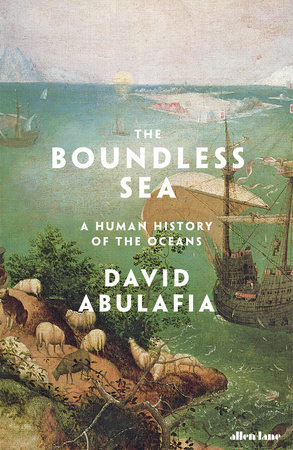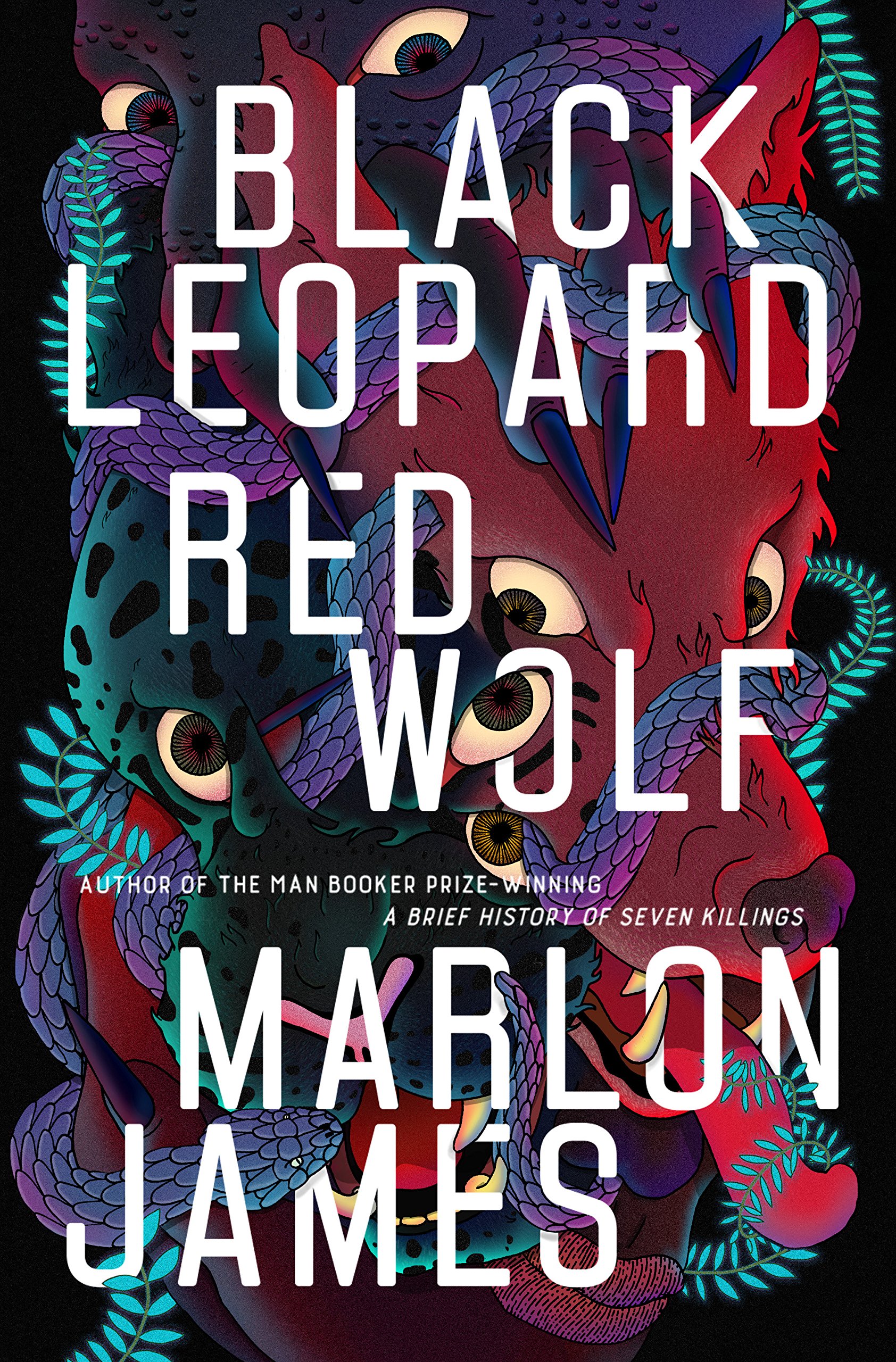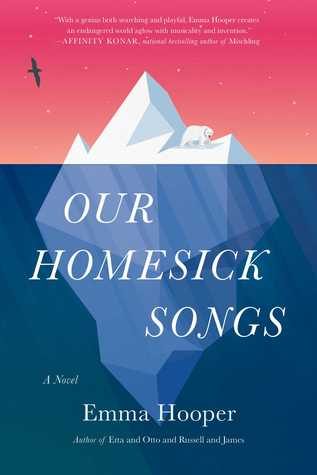The Women in Black by Madeleine St. John
Sydney in the late 1950s. On the second floor of the famous F.G. Goode department store, in Ladies' Cocktail Frocks, the women in black are girding themselves for the Christmas rush. Lisa is the new Sales Assistant (Temporary). Across the floor and beyond the arch, she is about to meet the glamorous Continental refugee, Magda, guardian of the rose-pink cave of Model Gowns.
With the lightest touch and the most tender of comic instincts, Madeleine St John conjures a vanished summer of innocence. The Women in Black is a classic.
The Boundless Sea by David Abulafia
A SUNDAY TIMES, FINANCIAL TIMES, THE TIMES AND BBC HISTORY MAGAZINE BOOK OF THE YEAR
From the award-winning author of The Great Sea, a magnificent new global history of the oceans and of humankind's relationship with the sea
For most of human history, the seas and oceans have been the main means of long-distance trade and communication between peoples - for the spread of ideas and religion as well as commerce. This book traces the history of human movement and interaction around and across the world's greatest bodies of water, charting our relationship with the oceans from the time of the first voyagers. David Abulafia begins with the earliest of seafaring societies - the Polynesians of the Pacific, the possessors of intuitive navigational skills long before the invention of the compass, who by the first century were trading between their far-flung islands. By the seventh century, trading routes stretched from the coasts of Arabia and Africa to southern China and Japan, bringing together the Indian Ocean and the western Pacific and linking half the world through the international spice trade. In the Atlantic, centuries before the little kingdom of Portugal carved out its powerful, seaborne empire, many peoples sought new lands across the sea - the Bretons, the Frisians and, most notably, the Vikings, now known to be the first Europeans to reach North America. As Portuguese supremacy dwindled in the late sixteenth century, the Spanish, the Dutch and then the British each successively ruled the waves.
Following merchants, explorers, pirates, cartographers and travellers in their quests for spices, gold, ivory, slaves, lands for settlement and knowledge of what lay beyond, Abulafia has created an extraordinary narrative of humanity and the oceans. From the earliest forays of peoples in hand-hewn canoes through uncharted waters to the routes now taken daily by supertankers in their thousands, The Boundless Sea shows how maritime networks came to form a continuum of interaction and interconnection across the globe: 90 per cent of global trade is still conducted by sea. This is history of the grandest scale and scope, and from a bracingly different perspective - not, as in most global histories, from the land, but from the boundless seas.
Black Leopard, Red Wolf by Marlon James
In the first novel in Marlon James's Dark Star trilogy, myth, fantasy, and history come together to explore what happens when a mercenary is hired to find a missing child.
Tracker is known far and wide for his skills as a hunter: "He has a nose," people say. Engaged to track down a mysterious boy who disappeared three years earlier, Tracker breaks his own rule of always working alone when he finds himself part of a group that comes together to search for the boy. The band is a hodgepodge, full of unusual characters with secrets of their own, including a shape-shifting man-animal known as Leopard.
Drawing from African history and mythology and his own rich imagination, Marlon James has written an adventure that's also an ambitious, involving read. Defying categorization and full of unforgettable characters, Black Leopard, Red Wolf explores the fundamentals of truths, the limits of power, the excesses of ambition, and our need to understand them all.
Our Homesick Songs by Emma Hooper
From Emma Hooper, critically acclaimed author of Etta and Otto and Russell and James, a People magazine “Pick of the Week,” comes a lyrical, charming, and mystical story of a family on the edge of extinction, and the different way each of them fights to keep hope, memory, and love alive.
The Connor family is one of the few that is still left in their idyllic fishing village, Big Running; after the fish mysteriously disappeared, most families had no choice but to relocate and find work elsewhere. Aidan and Martha Connor now spend alternate months of the year working at an energy site up north to support their children, Cora and Finn. But soon the family fears they’ll have to leave Big Running for good. And as the months go on, plagued by romantic temptations new and old, the emotional distance between the once blissful Aidan and Martha only widens.
Between his accordion lessons and reading up on Big Running’s local flora and fauna, eleven-year-old Finn Connor develops an obsession with solving the mystery of the missing fish. Aided by his reclusive music instructor Mrs. Callaghan, Finn thinks he may have discovered a way to find the fish, and in turn, save the only home he’s ever known. While Finn schemes, his sister Cora spends her days decorating the abandoned houses in Big Running with global flair—the baker’s home becomes Italy; the mailman’s, Britain. But it’s clear she’s desperate for a bigger life beyond the shores of her small town. As the streets of Big Running continue to empty Cora takes matters—and her family’s shared destinies—into her own hands.
In Our Homesick Songs, Emma Hooper paints a gorgeous portrait of the Connor family, brilliantly weaving together four different stories and two generations of Connors, full of wonder and hope. Told in Hooper’s signature ethereal style, each page of this incandescent novel glows with mythical, musical wonder.




